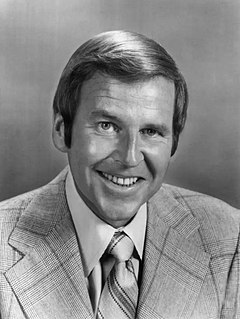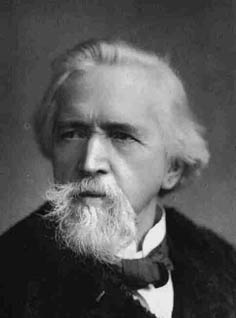A Quote by Paul Lynde
Learning lines is on my mind until I do know them. I'll read the paper or paint the house to keep from starting to memorize. I've never found an easy way.
Related Quotes
I memorize my lines and I show up. I think it's just instinctual, and sometimes it's wrong and the director says, "No, do it this way." And then I can change, because I didn't spend all night practicing it this one way. All I do to get ready for the day is the night before, I read my lines once or twice, memorize them, and then I show up.
I like painting because it's something I never come to the end of. Sometimes I paint a picture, then I paint it all out. Sometimes I'm working on fifteen or twenty pictures at the same time. I do that because I want to - because I like to change my mind so often. The thing to do is always to keep starting to paint, never finishing painting.
A poor man cannot rival the rich in luxury of life, but he can in luxury of knowledge. He cannot furnish his house as the wealthy can, but he can furnish his head. He cannot found a house of note, but he may found a mind of mark. Though some kingdoms may be adorned or afflicted with kings, learning has always been a republic, where all are equal who know.
She wrote poetry constantly; that was her "work". She was a slow bleeder and she slaved over it for long, exhausting hours, and many a middle of a night I could hear her creaking around the dead house with a pen in one hand, a clipboard and a flashlight in the other, refining her poems, jotting down the lines of a conceit. Writing never came easy for her; it gave her calluses. She never courted the muses, she wrestled them, mauled them all over the house and came up, after weeks of peripatetic labor, with a slim Spencerian sonnet, fourteen lines of imagistic jabberwocky.
Young screenwriters are always very frustrated when they talk to me. They say, 'How do we get to be a screenwriter?' I say, 'You know what you do? I'll tell you the secret, it's easy: Read 'Hamlet.' You know? Then read it again, and read it again, and read it until you understand it. Read 'King Lear,' and then read 'Othello.'
It's so easy to practice out of context. For example, if you're learning a scale, you take that scale and you sit in your room and you go up and down the fretboard, over and over. You've gotta do that, because you need to get that scale working. But you have to keep in mind that that's not the finished product. That's the starting point.


































